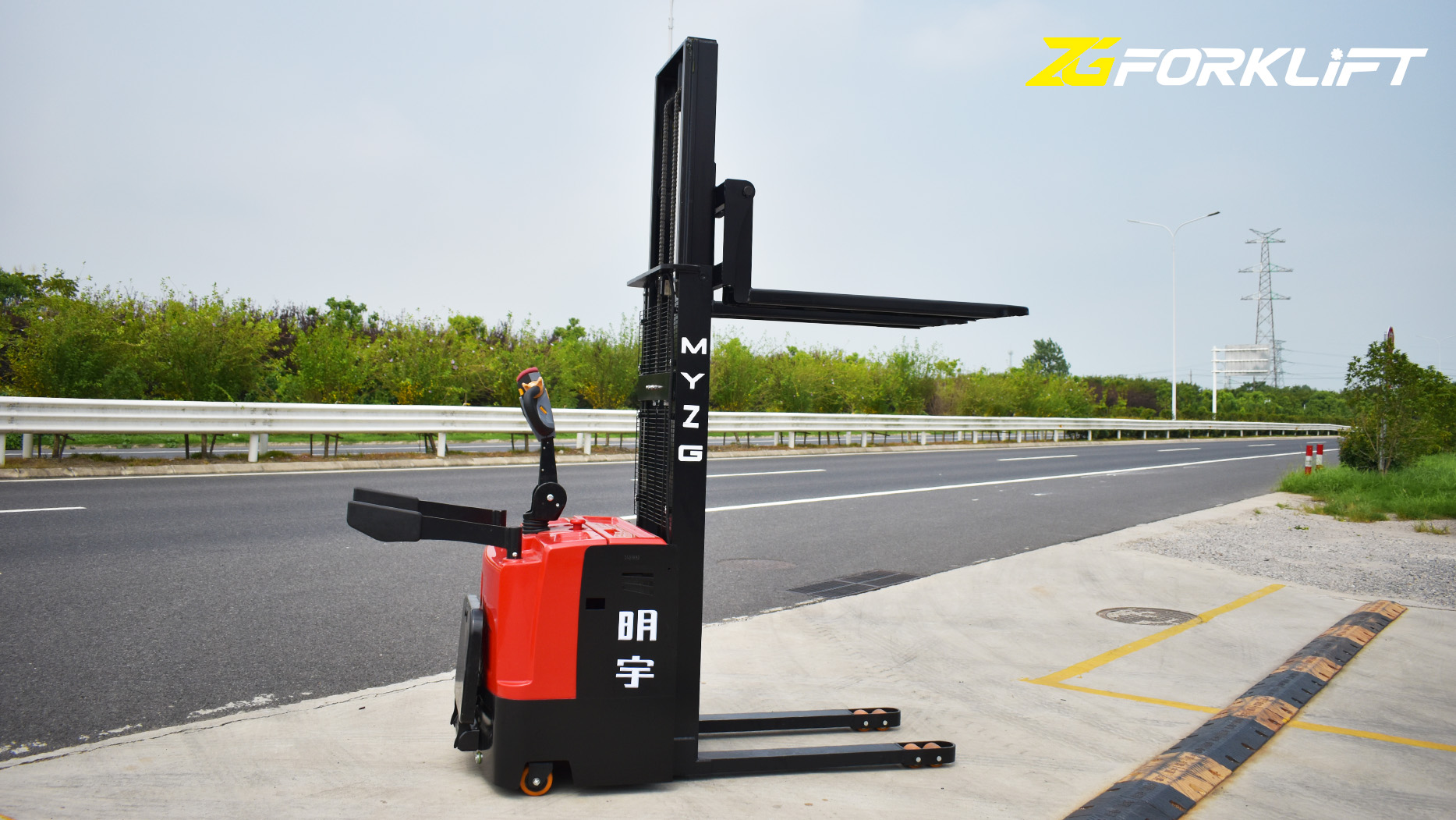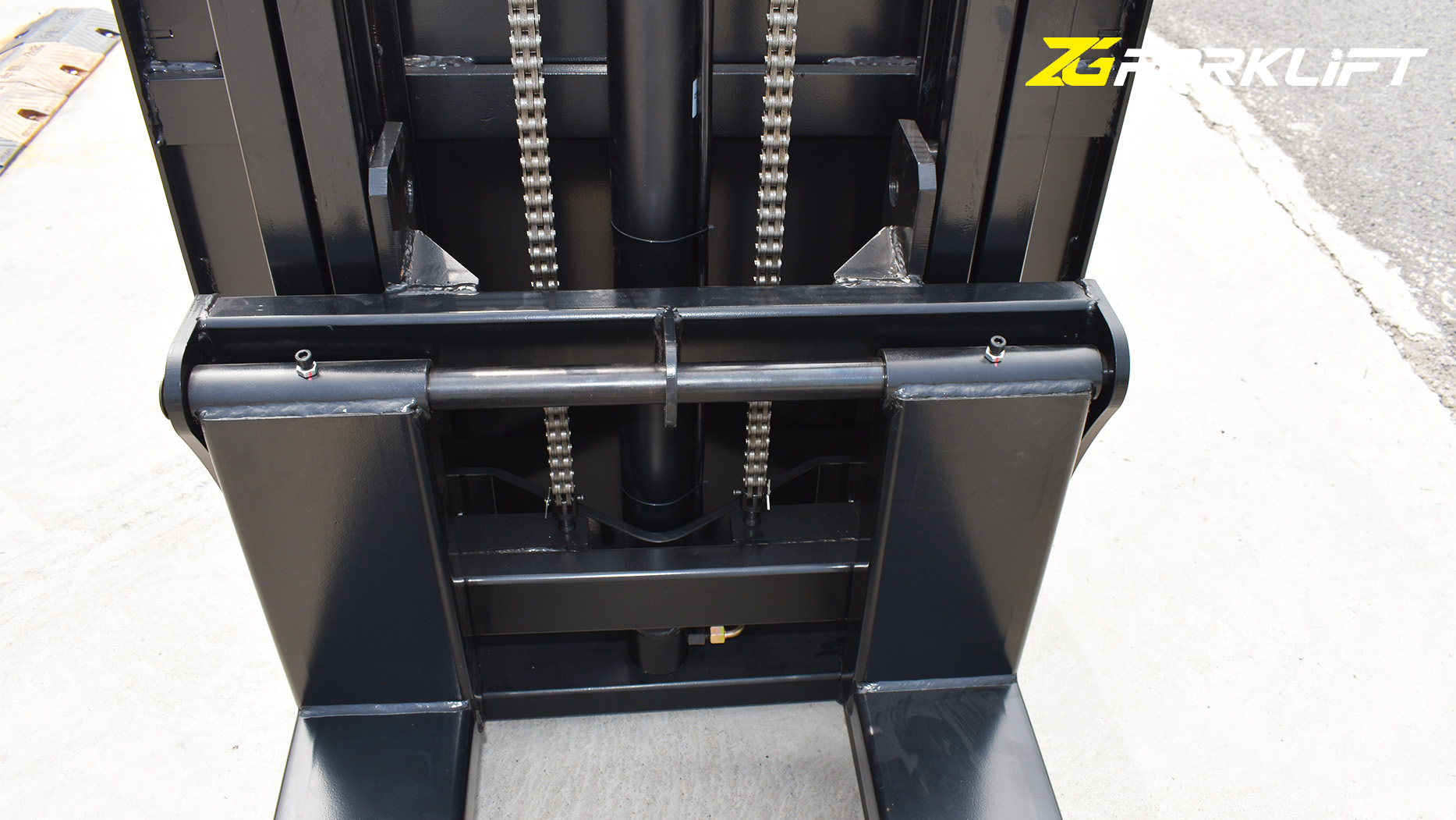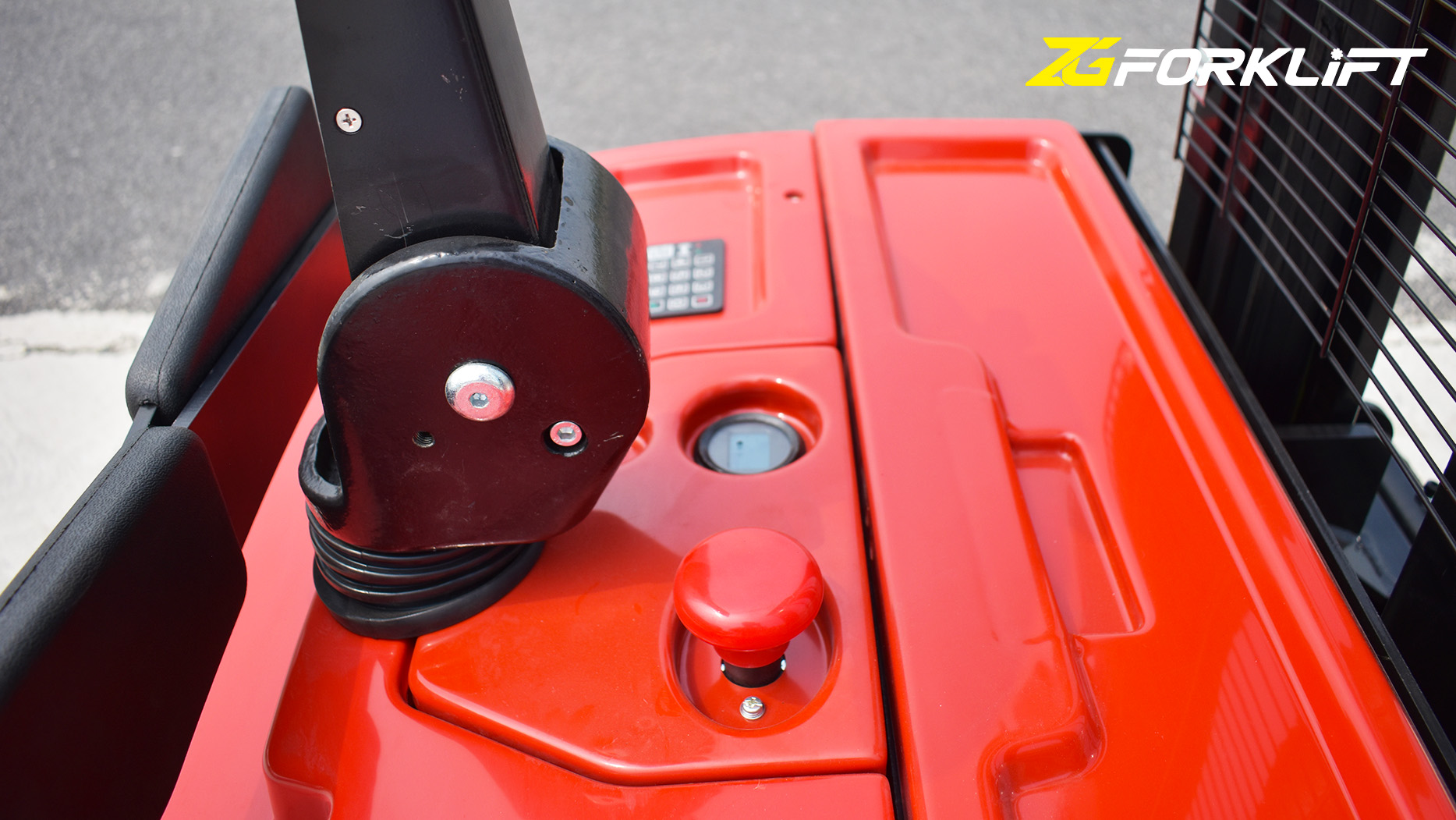A Forklift on a Truck: Unpacking the Terminology
A forklift mounted on a truck is commonly referred to as a Truck-Mounted Forklift (TMF), All-Terrain Forklift (ATF), Piggyback Forklift, or simply Donkey.
This versatile piece of equipment combines the maneuverability of a forklift with the mobility of a truck, offering significant advantages in various industries.
Understanding the Concept:
A TMF is essentially a compact forklift that is designed to be transported and operated from the bed of a truck or trailer. It's a self-contained unit, typically featuring:
A robust frame: Designed to withstand the rigors of transportation and off-road use.
Powerful engine: Provides sufficient power for lifting and maneuvering heavy loads.
Hydraulic system: Controls the lifting, tilting, and maneuvering functions of the forklift.
Compact dimensions: Allows for easy transport and operation in confined spaces.
Key Advantages of Truck-Mounted Forklifts:
Mobility: TMFs offer unparalleled mobility, allowing for operation in remote locations, construction sites, and other areas inaccessible to conventional forklifts.
Versatility: They can handle a wide range of materials, from construction materials and agricultural products to industrial equipment and machinery.
Efficiency: Eliminates the need for separate transportation for the forklift, streamlining operations and reducing costs.
Cost-effectiveness: TMFs can often be more cost-effective than hiring separate trucks and forklifts, especially for projects requiring frequent relocation.
Improved safety: By transporting the forklift with the crew, it reduces the risk of accidents during transportation and minimizes the need for separate haulage vehicles.
Applications of Truck-Mounted Forklifts:
Construction:
Moving building materials like bricks, lumber, and concrete blocks.
Transporting and positioning heavy equipment such as generators, compressors, and welding machines.
Assisting in demolition projects.
Agriculture:
Loading and unloading agricultural produce from trucks and trailers.
Moving livestock feed and supplies.
Assisting with farm equipment maintenance and repairs.
Handling bales of hay and other agricultural materials.
Forestry:
Transporting and loading logs and timber.
Assisting in forest management and reforestation activities.
Disaster Relief:
Transporting supplies and equipment to disaster-stricken areas.
Assisting in search and rescue operations.
Military and Defense:
Transporting and deploying equipment in military and defense operations.
Oil and Gas:
Moving equipment and supplies in remote oil and gas fields.
Types of Truck-Mounted Forklifts:
Standard TMFs: These are general-purpose machines suitable for a wide range of applications.
Rough Terrain TMFs: Equipped with larger tires and more robust frames for operation on uneven terrain.
Telehandlers: TMFs with telescopic booms, providing greater reach and versatility.
Specialized TMFs: Designed for specific applications, such as those used in forestry or agriculture.
Safety Considerations:
Proper Training: Operators must receive comprehensive training on safe operation and maintenance procedures.
Load Capacity: Always operate within the safe load capacity limits of the forklift.
Ground Stability: Ensure the ground is stable and can support the weight of the truck and the load.
Maintenance: Regular maintenance and inspections are crucial to ensure the safety and reliability of the TMF.
Transportation Safety: Secure the TMF properly during transportation to prevent accidents.
Technological Advancements:
Improved Hydraulic Systems: Enhanced hydraulic systems provide smoother and more precise control.
Enhanced Safety Features: Incorporating advanced safety features such as load sensors, stability control systems, and operator presence detection.
Telematics: Integrating telematics systems to track equipment location, monitor performance, and improve maintenance scheduling.
Conclusion:
Truck-Mounted Forklifts have become indispensable tools in various industries, offering unmatched mobility and versatility. Their ability to efficiently transport and handle materials in challenging environments makes them invaluable assets for construction, agriculture, and many other sectors. By understanding the capabilities and limitations of TMFs and prioritizing safety, businesses can effectively utilize these powerful machines to enhance productivity and streamline their operations.
Post time:Jan.01.2025



